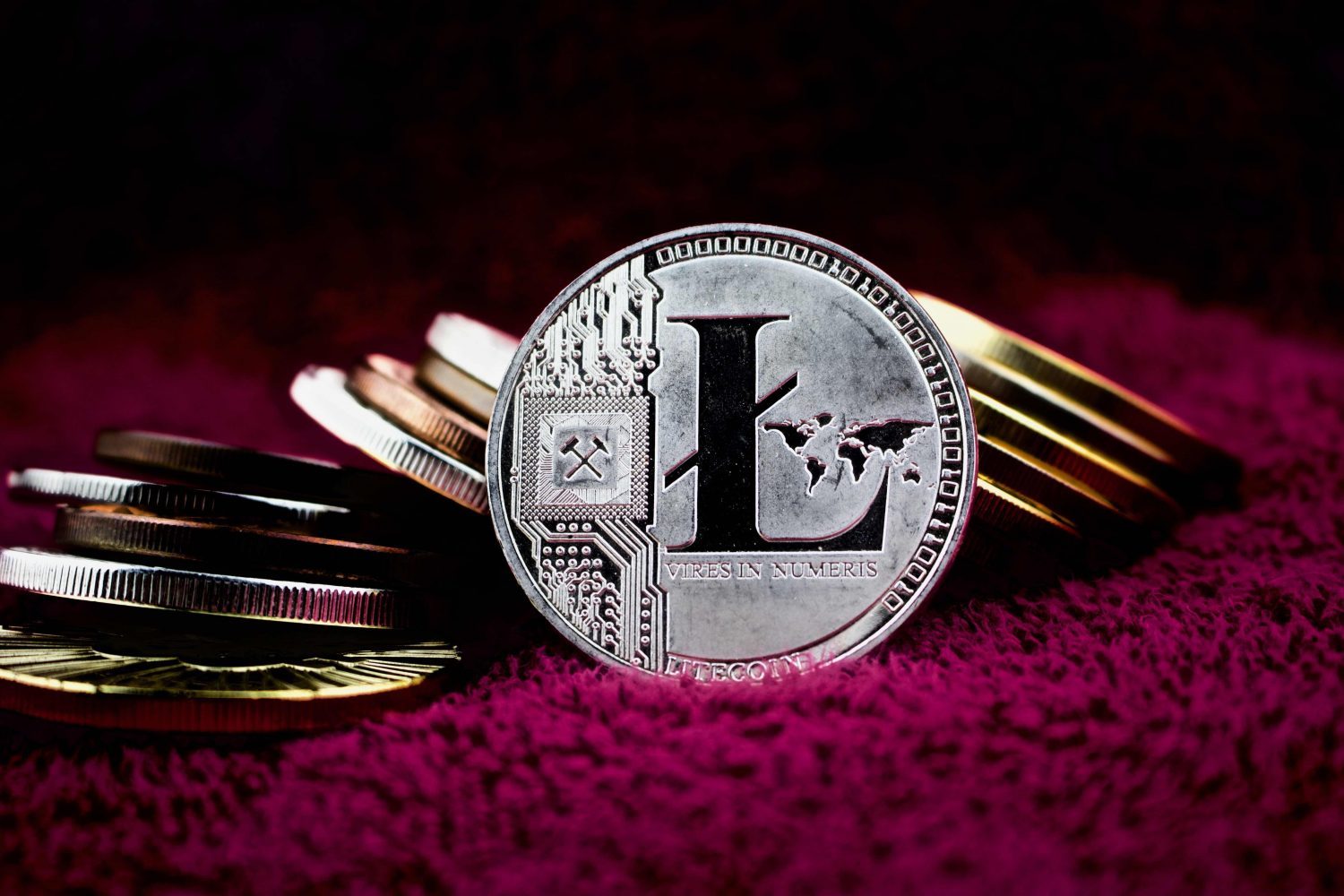SEC Delays Decision on Canary Litecoin ETF, Seeks Public Input
06.05.2025 18:00 1 min. read Alexander Stefanov
The U.S. Securities and Exchange Commission (SEC) has postponed its decision on the proposed listing of the Canary Litecoin ETF, opting instead to open the floor for public feedback.
The agency is now reviewing whether the application aligns with regulatory standards, particularly in regard to safeguarding against fraud and manipulation in the crypto markets.
In a notice published on May 5 by assistant secretary Sherry Haywood, the SEC invited the public to weigh in on the ETF proposal within the next 21 days, with a 35-day window for rebuttals.
The core question is whether this Litecoin-backed fund presents any unique risks or concerns beyond what the SEC has already addressed in past reviews of similar products.
This delay arrives amid broader uncertainty about digital asset regulation in the U.S. While the SEC, now led by Chair Paul Atkins, awaits a clearer legislative framework, lawmakers are actively working toward it.
The Senate is expected to vote soon on the GENIUS Act, a bill aimed at establishing more precise crypto oversight. Meanwhile, the House is advocating for definitive rules to help differentiate between digital securities and commodities, which would, in turn, shape how ETFs like this one are evaluated.
-
1
New Data Shows Shiba Inu is at Risk Due to Centralization
04.07.2025 10:30 2 min. read -
2
These Altcoins Just Took Over CoinGecko’s Trending List
26.06.2025 12:00 1 min. read -
3
Major Altseason May Be Incoming: Bullish Signals Strengthen as Q3 Begins
07.07.2025 15:13 2 min. read -
4
Swiss Bank Becomes First Global Bank to Support Ripple’s RLUSD Stablecoin
03.07.2025 14:24 2 min. read -
5
June’s Top-Performing Crypto Projects Across Key Metrics
02.07.2025 23:00 2 min. read
Ethereum Sparks Altcoin Season as FOMO Shifts Away From Bitcoin
Traders are rapidly shifting their focus to Ethereum and altcoins after Bitcoin’s recent all-time high triggered widespread retail FOMO.
Ethereum ETF Inflows Hit Record High as Price Jumps Past $3,400
Ethereum saw an explosive surge in institutional demand this week, with spot exchange-traded funds (ETFs) posting their highest single-day inflow on record. O
Fartcoin Price Prediction: FARTCOIN Could Rise to $2.74 After Major Breakout
Fartcoin (FARTCOIN) is once again leaving a trail of strong gains as the crypto market rallies. In the past 24 hours alone, the token has produced an 18.2% return as trading volumes have exploded. Data from CoinMarketCap shows that Fartcoin’s volumes have more than doubled during this period. More than $500 million worth of this […]
Altcoins Gain Momentum as Bitcoin Dominance Drops to 61.6%
The cryptocurrency market is experiencing a notable shift in capital flows as Bitcoin’s market dominance has dropped to 61.6%, marking a 2.36% decrease.
-
1
New Data Shows Shiba Inu is at Risk Due to Centralization
04.07.2025 10:30 2 min. read -
2
These Altcoins Just Took Over CoinGecko’s Trending List
26.06.2025 12:00 1 min. read -
3
Major Altseason May Be Incoming: Bullish Signals Strengthen as Q3 Begins
07.07.2025 15:13 2 min. read -
4
Swiss Bank Becomes First Global Bank to Support Ripple’s RLUSD Stablecoin
03.07.2025 14:24 2 min. read -
5
June’s Top-Performing Crypto Projects Across Key Metrics
02.07.2025 23:00 2 min. read


